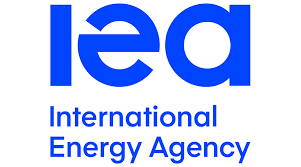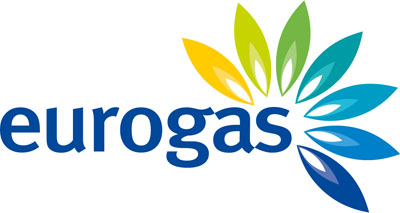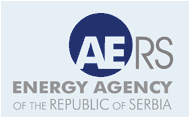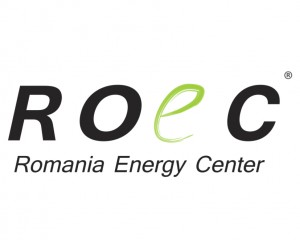Oil rose Monday, as news that Saudi Arabia has pledged to lower crude exports and Nigeria plans to limit its production sent prices higher for the first time in three sessions.
September West Texas Intermediate crude rose by 42 cents, or 0.9%, to $46.19 a barrel on the New York Mercantile Exchange. September Brent crude on London’s ICE Futures exchange tacked on 42 cents, or 0.9%, to $48.48 a barrel. Oil prices posted declines in each of the last two sessions.
The advance came after energy ministers from major crude-producing nations gathered in St. Petersburg, Russia Monday said the output-cap agreement led by the Organization of the Petroleum Exporting Countries could be extended beyond next year’s first quarter if needed, according to multiple reports.
Saudi Arabia, which is the world’s largest oil exporter, agreed to limit its exports at 6.6 million barrels a day, while Nigeria also committed to taking part in production cuts if it reaches a production level of 1.8 million barrels a day, according to a report from The Wall Street Journal.
"Saudi Arabia announced its plan to cut exports and this is their way of gluing things back together,” said Bill Baruch, chief market strategist at iiTRADER.
Nigeria’s current production is below that level—at about 1.6 million barrels a day in June. News reports, meanwhile, indicate that the Saudi export cut would amount to roughly one million barrels a day.
Michael Lynch, president of president of Strategic Energy & Economic Research, said the drop in exports that the Saudis plan for next month would coincide with higher domestic energy demand for cooling, and referred to the Nigeria and Saudi Arabia decisions as "mostly conciliatory.”
Meanwhile, Nigeria and Libya have seen their own output rebound faster than expected. The two OPEC members have been exempt from the production-cut deal as their output recovers from years of civil unrest.
OPEC members had agreed to reduce their output by about 1.2 million barrels a day from Jan. 1 of this year through the end of March next year. But tanker tracker Petrol-Logistics on Friday reported that OPEC output is expected to top 33 million barrels a day this month, up 145,000 barrels a day from June, according to Reuters.
"The only significant thing about the meeting is that Nigeria has voluntarily agreed that they will not increase their production above 1.8 [million barrels a day] once they have achieved that level,” said Naeem Aslam, chief market analyst at ThinkMarkets U.K.
But when it comes to the "compliance side of things,” that’s getting "really ugly,” he said. "A lot of cheating is already happening and we are only half [way] through this agreement,”
Saudi energy minister Khalid al-Falih said Monday the coalition’s compliance with the production deal was strong, but he also said there were laggards whose issues had to be dealt with "head on,” WSJ noted.
Global prices have been in the doldrums for three years as supply has outpaced demand, sending stockpiles to record levels. Even though the OPEC-Russia curtailment deal has been in force since January, global inventories have barely fallen. That’s resulted in heavy pressure remaining on prices.
Growth in U.S. oil production, with total output reaching its highest level in two years, has worked to offset some of the impact of the production cuts among OPEC members and its allies.
OPEC secretary-general Mohammad Barkindo, however, recently outlined a rosier picture, saying the rebalancing of oil-market supply and demand is "bound to accelerate in the second half.”
Against that backdrop, August gasolinefell less than half a cent to $1.562 a gallon, while August heating oilrose nearly half a penny to $1.520 a gallon.
August natural gas fell 6.7 cents, or 2.3%, to $2.903 per million British thermal units.
(www.marketwatch.com)




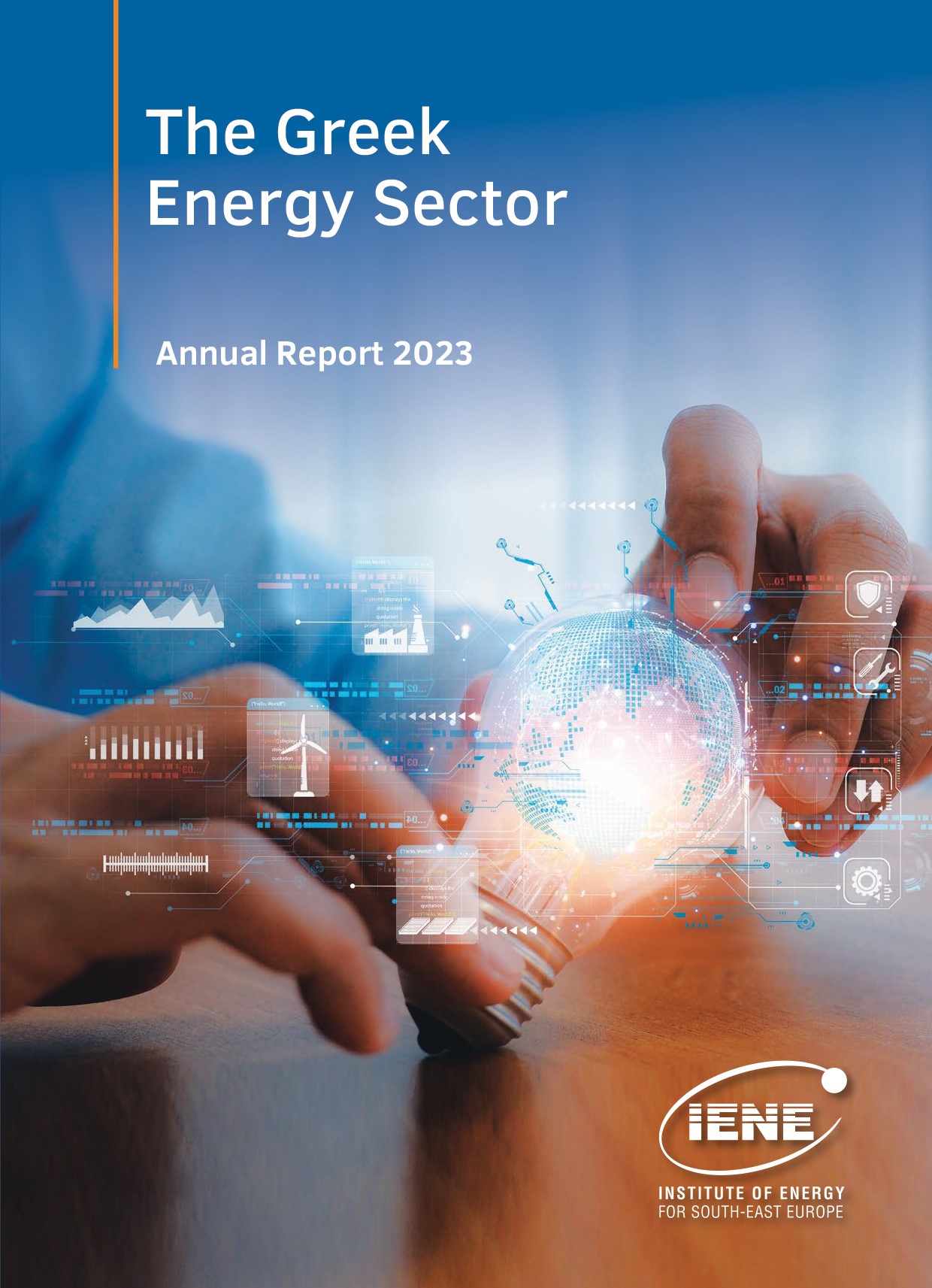

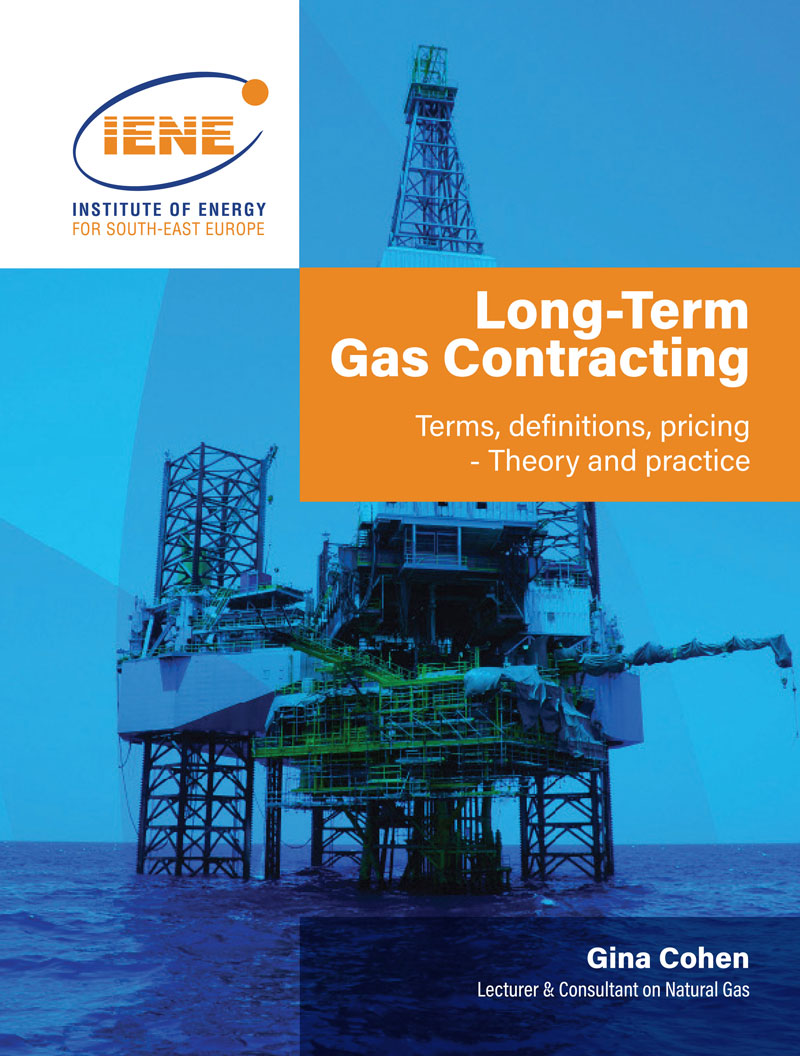 More
More
